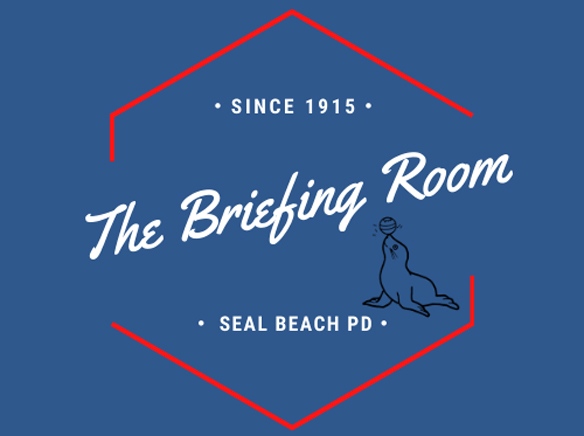Hi Seal Beach,
Although we are a week late, March 19th-25th was Poison Prevention Week which is focused on raising awareness of poison prevention and the Poison Help Hotline (1-800-222-1222).
In 1961, Congress established National Poison Prevention Week to raise awareness, reduce unintentional poisonings, and promote poison prevention.
The Health Resources & Services Administration (HRSA) has provided some prevention tips to keep you and your family safe.
Prevention Tips
More than 90 percent of the time, poisonings happen in people’s homes. The majority of these poisonings occur in the kitchen, bathroom and bedroom.
That is why it is important to follow simple steps to prevent a poisoning from happening at home.
Teach your family to never touch or put anything in their mouths unless they know what it is. Below are additional tips on how to keep poisonous items safe in your home.
Medicines
• Keep all medicines, and potentially poisonous substances, in locked cabinets or out of the reach of children.
• Keep medicines in their original containers, properly labeled, and store them appropriately.
• Never share prescription medicines. If you are taking more than one drug at a time, check with your health care provider, pharmacist, or call the toll-free Poison Help line (1-800-222-1222), which connects you to your local poison center, to find out more about possible drug interactions.
• Carbon monoxide (CO)
• Have a working carbon monoxide detector in your home. The best places for a CO detector are near bedrooms and close to furnaces.
Household products
• Household cleaners and disinfectants can make you sick when not used properly. Always follow the instructions on the product label to ensure safe and effective use.
• Bleach is especially toxic and should not be mixed with anything other than water.
• Keep all household cleaners and potentially poisonous substances in locked cabinets or out of the reach of children.
• Keep products in their original containers.
• Do not use food containers (such as cups or bottles) to store household cleaners and other chemicals or products.
• Keep all laundry products locked up, high, and out of the reach of children.
• Do not use bleach on food products.
• Avoid using household cleaners and disinfectants on hands or skin improperly.
Chemicals
• Keep all chemicals and potentially poisonous substances in locked cabinets or out of the reach of children.
• Keep antifreeze and all chemicals and household products in their original containers.
• Never mix household or chemical products together. Doing so can create a dangerous gas.
Back to school and art supplies
• Some art products are mixtures of chemicals. They can be dangerous if not used correctly.
• Make sure children use art products safely by reading and following directions.
• Do not eat or drink while using art products.
• Wash skin after contact with art products.
• Clean equipment. Wipe tables, desks, and counters.
• Keep art products in their original containers.
Food
• Wash fruits and vegetables with running water.
• Do not wash meat, poultry or eggs.
• Never use commercial cleaning products on food or food packaging.
• Wash your hands and work surfaces before, during, and after preparing food.
• Wash hands and counters before preparing all food.
• Store food at the proper temperatures. Refrigerated foods should not be left out at temperatures above 40 degrees F (5 degrees C).
• Use clean utensils for cooking and serving.
Animals and insects
• Know what poisonous snakes live in your area and wear proper attire (boots, etc.) when hiking outdoors.
• Check the label on any insect repellent. Be aware that most contain DEET, which can be poisonous in large quantities.
Plants, mushrooms and berries
• Be sure that everyone in your family can identify poisonous mushrooms and plants.
Call your local poison center to learn about common poisonous plants in your area.
For more information, visit https://poisonhelp.hrsa.gov/what-you-can-do/prevention-tips. And, keep this number handy in case you ever need it quickly: Poison Help line (1-800-222-1222).
Keep your questions coming Seal Beach! Email us at askacop@sealbeachca.govtoday.





